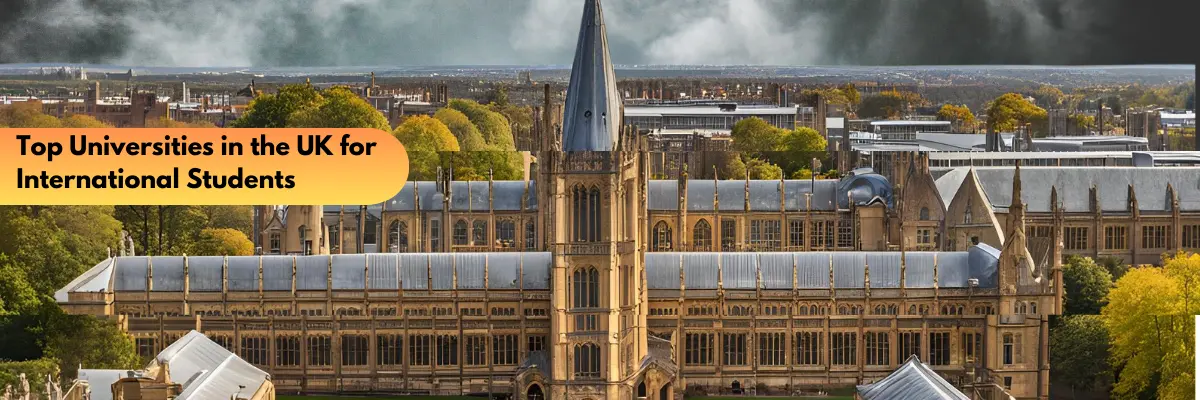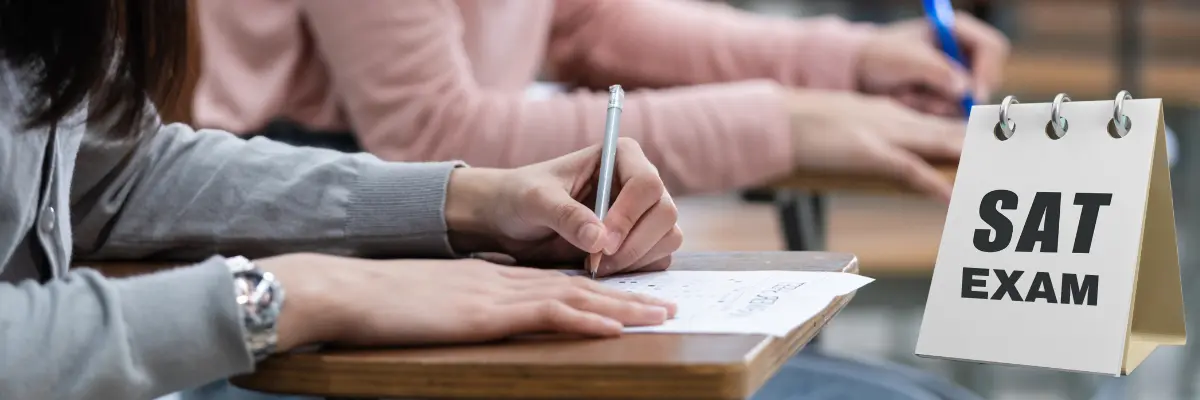08 May 2023 | What are the reasons for USA students visa rejection?
0
114
Reasons for Refusing a Student Visa for the USA
Securing a student visa to study in the United States is a dream for many aspiring scholars around the world. However, the path to obtaining one is not always straightforward. Understanding the reasons behind visa rejections is crucial in ensuring a smooth application process. In this guide, we will explore the various factors that can lead to the rejection of a USA student visa application. Applying for a study abroad USA visa is essential when planning to travel to the United States or renewing your visa. However, receiving a visa denial can be an unfortunate outcome that can happen to some applicants.
Insufficient Financial Documentation: One of the primary reasons for visa rejection is inadequate financial documentation. The U.S. immigration authorities need to be assured that a student has enough funds to cover tuition fees, living expenses, and other related costs. Failing to provide comprehensive proof of financial capability can result in visa denial.
Incomplete or Inaccurate Application: Submitting an incomplete or inaccurate application is a common yet avoidable mistake. It is imperative to carefully fill out all required forms and provide accurate information. Any discrepancies or missing details can raise suspicion and lead to visa rejection.
Lack of Ties to Home Country: The immigration officers assess whether a student has strong ties to their home country. These ties can include family, property, employment, or other significant connections. Failing to demonstrate sufficient ties may lead them to believe that the applicant is more likely to overstay their visa.
Inadequate Language Proficiency: For international students, a certain level of English proficiency is essential to succeed academically in the U.S. Many universities require standardized test scores like TOEFL or IELTS. Failing to meet these language requirements can be a significant factor in visa rejection.
Previous Visa Violations: A history of visa violations or overstays in the U.S. can seriously impact future visa applications. It raises concerns about the applicant's adherence to immigration laws. It's crucial to resolve any past immigration issues before applying for a new visa.
Failure to Convey Genuine Intentions: Being unable to convincingly communicate the genuine intention to study in the U.S. can lead to visa rejection. Immigration officers are trained to identify inconsistencies or doubts in an applicant's statements. It's essential to be clear, honest, and forthright about educational goals.
Health or Security Concerns: Certain medical conditions or security issues may lead to visa rejection. It's important to undergo all required medical examinations and screenings. Additionally, a clean criminal record is imperative for a successful visa application.
Lack of Proper Planning: Last-minute applications or a lack of proper planning can raise red flags. It's crucial to start the application process well in advance, allowing ample time for gathering documentation, completing tests, and addressing any potential issues.
Visa refusal is rejecting an individual's visa application, preventing their entry into a specific country. This denial may occur when applicants cannot demonstrate their eligibility to visit the country. There are numerous requirements that an individual must meet to be considered eligible for entry into the United States of America. Please complete these criteria to ensure a visa is accepted.
Why a USA visa may be denied for different reasons
Incomplete Application or Incomplete Documents
INA section 221(g) visa denial means that the applicant failed to submit a complete application or supporting documents to the consul. However, this does not mean rejection, and the applicant can still provide the embassy with missing information or documents. A letter detailing the missing documents or information will be provided if the application still needs to be completed. An applicant has a year to submit them, or the case will be dismissed, requiring reapplication and a new visa fee. The embassy may also process the application further, carrying out additional security checks or investigations through another authority, which may take several months.
Visa Qualifications and Immigration Intent
The Visa Act's INA Section 214(b) applies only to nonimmigrant visa applicants. If rejected under this section, the applicant failed to convince the consular officer of their qualifications for the visa and has strong ties to their home country, showing no intention to immigrate to the US. The applicant can show relations such as a job, marriage/engagement, property, children, and positive relationships with family and friends to demonstrate this.
Public levy
Visa denial under Section 212(a)(4) of the INA means that the applicant is likely to depend on the US government for financial support, making them a "public tax" once in the country. However, the ban is not permanent and may be overcome by providing an affidavit of support from a qualified sponsor or demonstrating personal financial stability through bank statements, payslips, job offers, or other means. Nonimmigrant visa applicants must show their ability to support themselves. Nonetheless, submitting these documents does not guarantee a visa, as the consular officer will assess their sufficiency to lift the ban.
Fraud and Misrepresentation
Misrepresenting facts or committing fraud in a visa application, such as hiding US relatives or criminal convictions, results in permanent visa denial under INA Section 212(a)(6)(C)(i). Exemption from eligibility may be possible, but the officer will inform you.
Illegal Residence in the United States
Suppose you were refused a visa under INA Section 212(a)(9)(B)(i). In that case, it means you were deemed to have been residing in the US unlawfully, either by staying after your authorized length of stay or entering without proper authorization.
If you were unlawfully present in the US for more than 180 days but less than a year, you could not obtain a visa for three years after leaving, and if you were unlawfully present for more than a year, you could not get a permit for ten years after leaving.
Other ineligibility that may result in US visa Rejection
People with a communicable disease or physical/mental disorder that threatens others, drug addicts, and anyone who has committed criminal activity, such as murder, drug or human trafficking, etc., are ineligible for a US visa. Additionally, those who pose a security risk or are suspected of engaging in illegal activities, such as terrorism, will be denied entry.
The following people may also have a US visa denial
Foreigners who come to the US to practice polygamy, guardians accompanying inadmissible persons, foreigners who support kidnappers, and former citizens who renounced their citizenship to evade taxes.
It's crucial to examine the reasons for visa denial and address any issues that caused it. Some cases may allow for reapplication after addressing the consular officer's concerns, while others may require considering alternative options for study abroad.
Securing a place in a top university requires more than just good grades; it demands a flawless application due to the fierce competition. Edysor specialists can guide you through the application process, helping you achieve your academic dreams. Contact us today at +91 7412067040 for a free 30-minute consultation.
For further assistance, please visit our study abroad consultancy services and explore our comprehensive offerings for students interested in studying in the USA, studying in the UK, studying in Canada, studying in Australia, studying in Ireland, and many other countries.


